Discernment is one of the most important tools we can equip our students with, but can be a challenging concept to teach. In 6th grade Bible, Mr. Schutte and Mrs. Kiekintveld recently partnered with their students through a project and reflection focused on discernment and truth.
Classes started by examining the messages in our world (“you need more,” “you’re not perfect,” “bigger is better,” “you need to look this way,” etc.). Examples were plentiful including things students see including advertising, movies/television, video games, and more.
Next, classes looked at the truths the Bible gives about grace, Christ’s love for us, and His call to love others. Clearly, there is a stark contrast between the two types of messages. This led to a reflection about how the world’s messages affect us. Many times the worldly messages leave us feeling unworthy. Students were clearly able to identify this problem, so they developed an acronym with their teachers. When listening to messages, do they pass the following TEST:
T - Is it true, trustworthy?
E - Is it edifying to others (does it build them up)?
S - Is it seen in God’s Word?
T - Is it a trap?
However, learning does not stop at seeing problems and practicing discernment, but continues in prompting students to share. In this case, we can help those who do not feel worthy. Students wrote anonymous letters that used the truth of Scripture to encourage each other and hung them in the middle school hallways. Each letter called for the reader to stay fixed on Christ and His Truth.
Middle school can be challenging and students can experience real hurt, but our teachers work to equip our students with skills to discern by pointing them to Biblical truth. This will ensure they stay rooted in God’s Word and are prepared for service to others!


